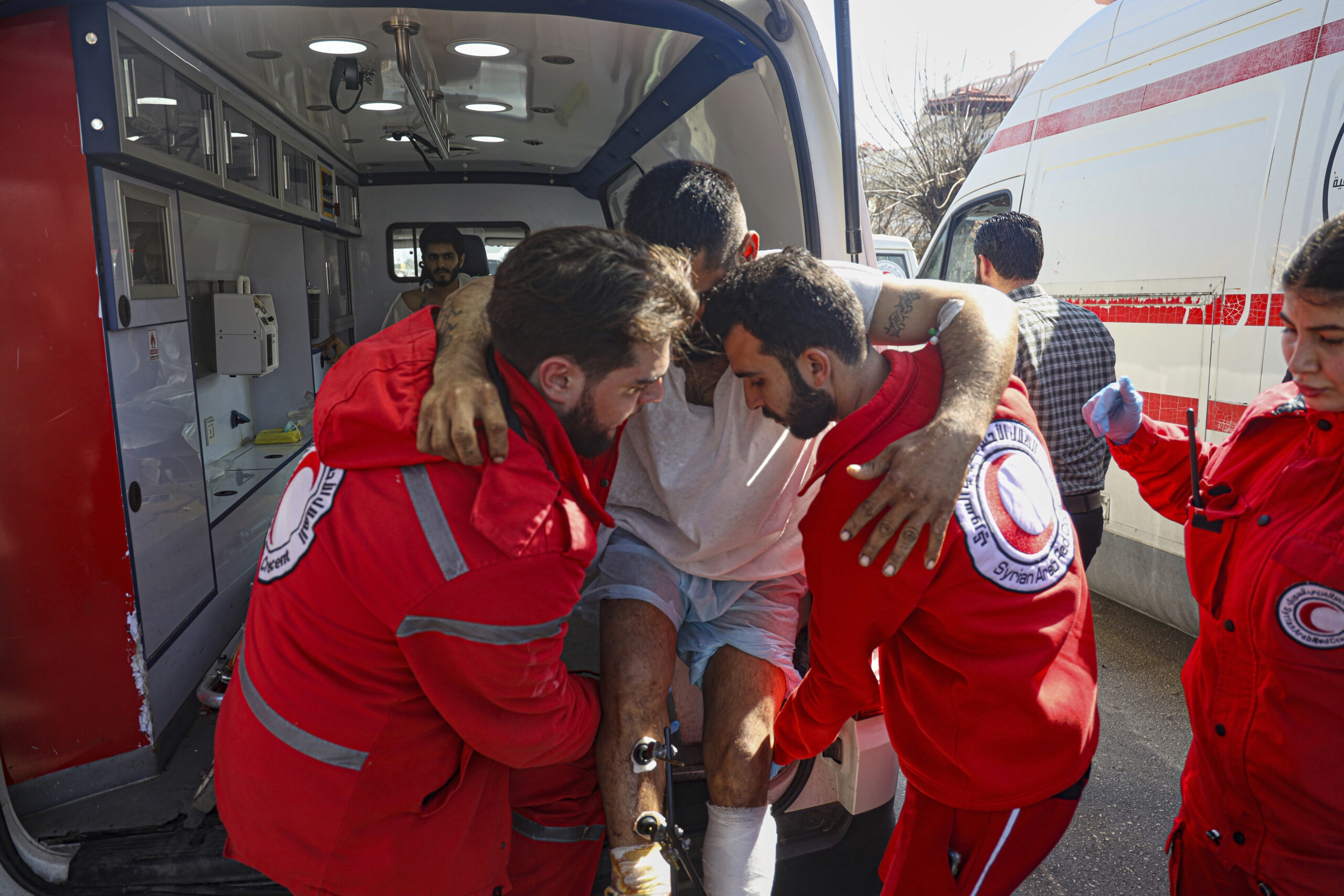
BEIRUT (AP) — Syria’s presidency announced on Friday that it would extend a probe into the killings of Alawite civilians in coastal areas that left hundreds dead after clashes between government forces and armed groups loyal to former President Bashar Assad spiraled into sectarian revenge attacks.
The violence erupted on March 6 after Assad loyalists ambushed patrols of the new government, prompting Islamist-led groups to launch coordinated assaults on Latakia, Baniyas, and other coastal areas.
According to human rights groups, more than 1,000 civilians — mostly Alawites, an Islamic minority to which Assad belongs — were killed in retaliatory attacks, including home raids, executions, and arson, displacing thousands.
The sectarian violence was possibly among the bloodiest 72 hours in Syria’s modern history, including the 14 years of civil war from which the country is now emerging. The violence brought fear of a renewed civil war and threatened to open an endless cycle of vengeance, driving thousands of Alawites to flee their homes, with an estimated 30,000 seeking refuge in northern Lebanon.
On March 9, President Ahmed al-Sharaa, the former leader of an Islamist insurgent group, formed a fact-finding committee and gave it 30 days to report its findings and identify perpetrators. In a decree published late Thursday, Sharaa said the committee had requested more time and was granted a three-month non-renewable extension.
The committee’s spokesperson, Yasser Farhan, said in a statement on Friday that the committee has recorded 41 sites where killings took place, each forming the basis for a separate case and requiring more time to gather evidence. He said some areas remained inaccessible due to time constraints, but that residents had cooperated, despite threats from pro-Assad remnants.
In a report published on April 3, Amnesty International said its probe into the killings concluded that at least 32 of more than 100 people killed in the town of Baniyas were deliberately targeted on sectarian grounds — a potential war crime.
The rights organization welcomed the committee’s formation but stressed it must be independent, properly resourced, and granted full access to burial sites and witnesses to conduct a credible investigation. It also said the committee should be granted “adequate time to complete the investigation.”
Witnesses to the killings identified the attackers as hard-line Sunni Islamists, including Syria-based jihadi foreign fighters and members of former rebel factions that took part in the offensive that overthrew Assad. However, many were also local Sunnis, seeking revenge for past atrocities blamed on Alawites loyal to Assad.
While some Sunnis hold the Alawite community responsible for Assad’s brutal crackdowns, Alawites themselves say they also suffered under his rule.
